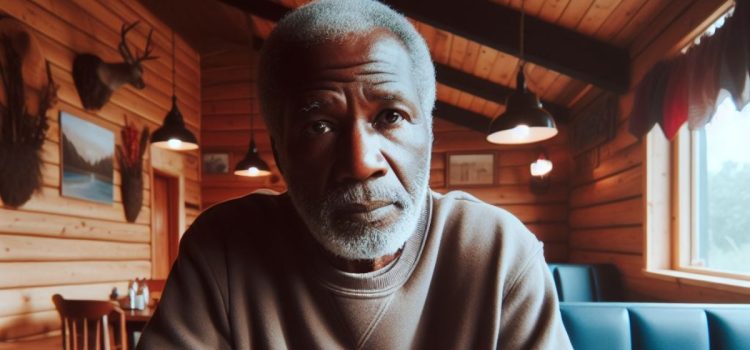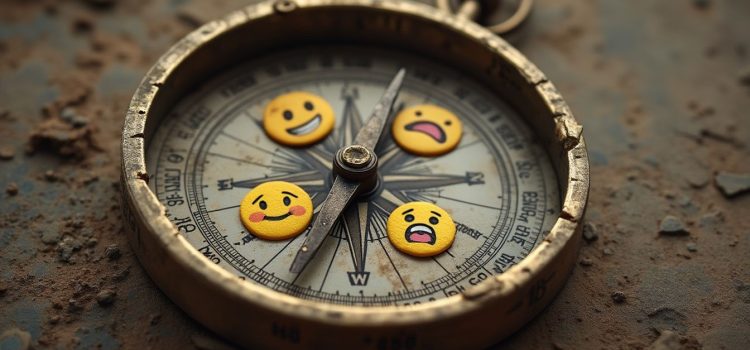What does “anatta” mean in Buddhism? Does the idea of your “self” even exist? In Why Buddhism Is True, Robert Wright explains how we view ourselves with the idea of “no-self.” In Buddhism, “anatta” is the claim that what you conventionally think of as your “self” doesn’t have inherent existence. Let’s dive deeper into this concept to better understand how we perceive ourselves.
Anatta in Buddhism: Why There Is No Permanent Self










